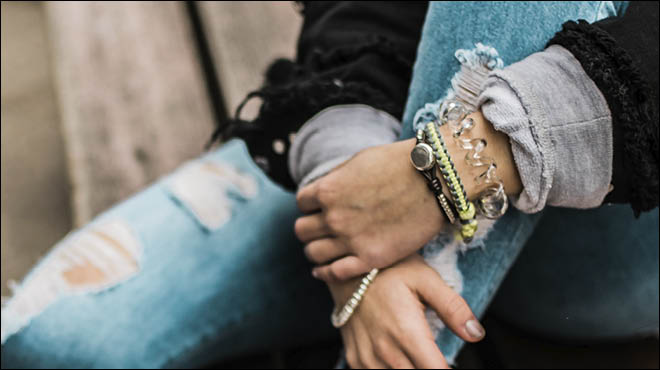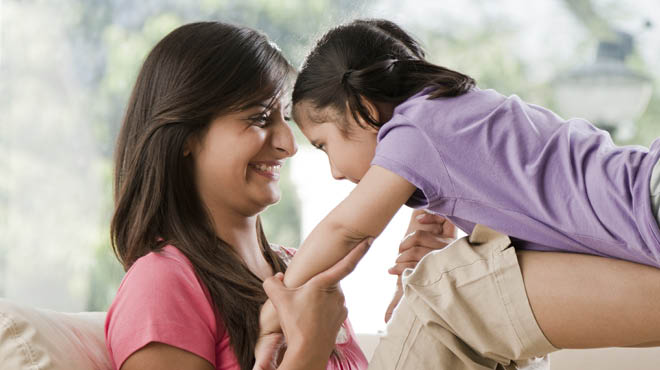Recent Posts
I just had a baby. What's happening with my moods?

Having a baby is one of the most important, joyful, exciting and tumultuous times in a woman's life. Just as an anticipated pregnancy can have its ups and downs, so, too, can the birth of a new baby.
Your body has been through an enormous amount of stress in the birthing process. Many stressful physical changes happen throughout pregnancy and in the weeks to months after your baby is born.
Your body, mind, emotions and hormones are on a roller coaster ride. Throw in sleep deprivation, discomforts and frustrations with breastfeeding, and day-to-day responsibilities, it's expected and natural that many new mothers experience mood changes.
The 'baby blues'
These mood changes are called the "baby blues." While they differ for every woman, they share some common features.
You may feel amazing one moment and overwhelmed the next. You may find yourself being irritable or angry with your partner or your children. You may have crying spells or suddenly have brief but powerful urges to just lie down and sleep, or to jump into your car and drive away. You may wonder, "Is any of this normal?"
The answer is yes. Does it mean that you aren't cut out for parenthood or that you've made a mistake? Of course not. It's all a normal part of the postpartum period.
These feelings may start in the first few days following delivery and can last up to two weeks. This timeline of symptoms vary by person.
It's estimated the baby blues occur in 40–80% of women. It's important to remember everything you've been through for your baby and your family. Find moments to slow down, and be kind to yourself.
Hand the baby to your partner, and take a shower or a nap. Remember your baby shower when all your friends offered to babysit? It's time to call in those favors. Get out of the house for a while. Even if you take the baby with you, a change of scenery can be beneficial to both of you.
Baby blues are difficult, particularly when it's expected that having a new baby is supposed to be one of the happiest times in your life. Remember, these unexpected and difficult feelings are normal — and temporary — for most women. With mild symptoms, you do not need to seek treatment. As you adjust to your new life, the mood changes will improve.
When is it considered postpartum depression?
In some women, mood changes and physical discomforts of the postpartum period are severe, impairing daily functioning or persisting beyond two weeks after delivery. Episodes of sadness and crying spells may last all day; you may not be able to fall asleep; or you can’t get up to eat, bathe or care for your baby. These are all signs of a condition called postpartum depression. In extreme cases, thoughts of self-harm or harming the baby may occur.
What is postpartum depression?
Postpartum depression is a disorder that affects approximately 10% of women. Most women experience symptoms within the first month after delivery, but symptoms can occur anytime within the first year. Some factors that make a woman more likely to develop postpartum depression are genetics, having depression at some point in the past, an unplanned pregnancy, challenges with support from partner or family, and having difficulties with breastfeeding.
Many new moms who are affected by postpartum depression feel ashamed of the symptoms or are unable to recognize the feelings in the first place. But it's important to know that postpartum depression, like baby blues, is not caused by doing anything wrong. It's a medical problem, and treatment is available and effective. If postpartum depression goes untreated, mother and baby could be affected long term.
How to get help
If you or someone you know is having symptoms of postpartum depression, help is available. Call your health care team and let them know.
Seek support from friends and family. And, most importantly, if you or a loved one are having thoughts of suicide or harming someone else, call a crisis hotline or 911 immediately.
Patrick Bigaouette, M.D., is a psychiatrist in Psychiatry & Psychology in Mankato, Minnesota.






